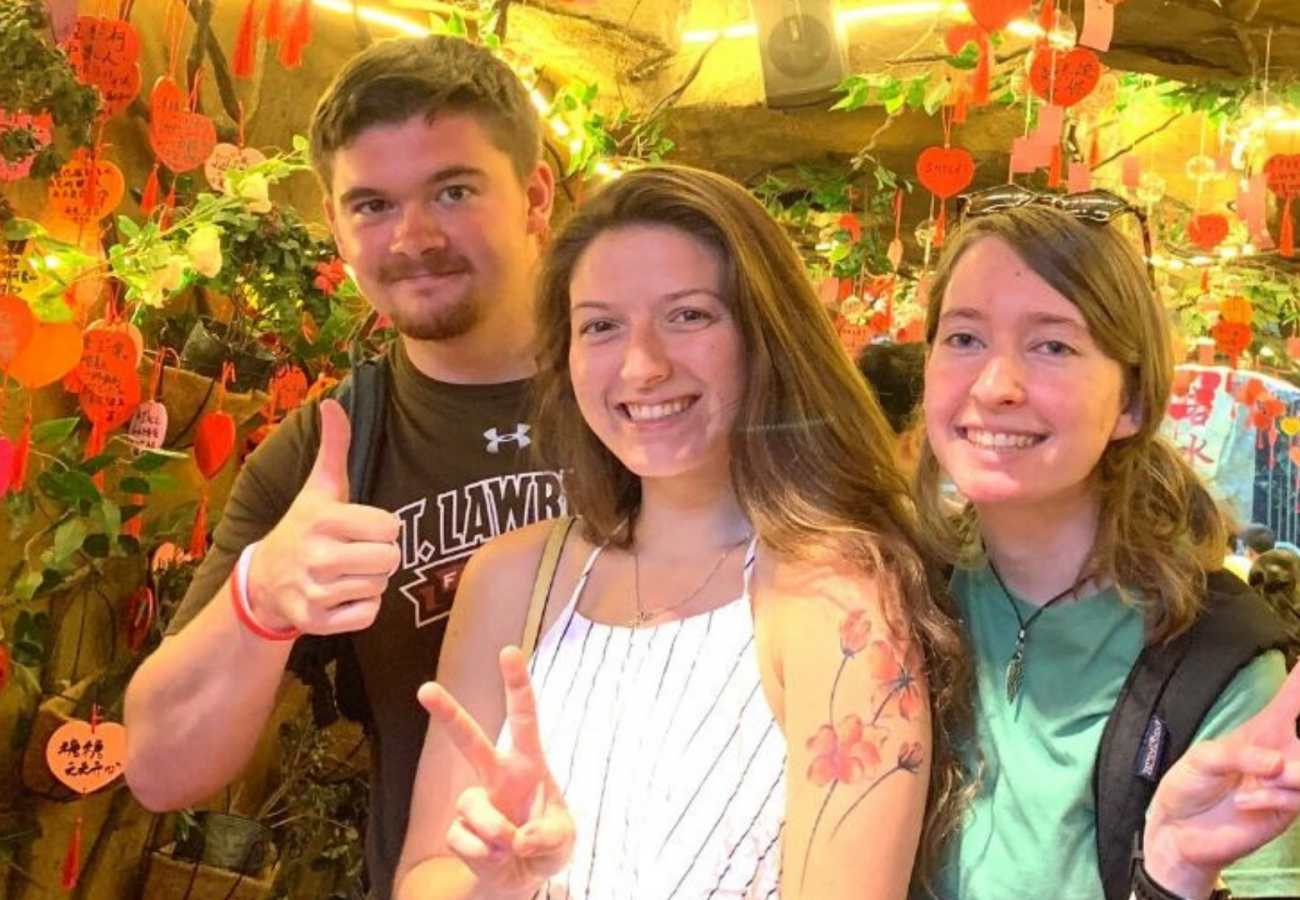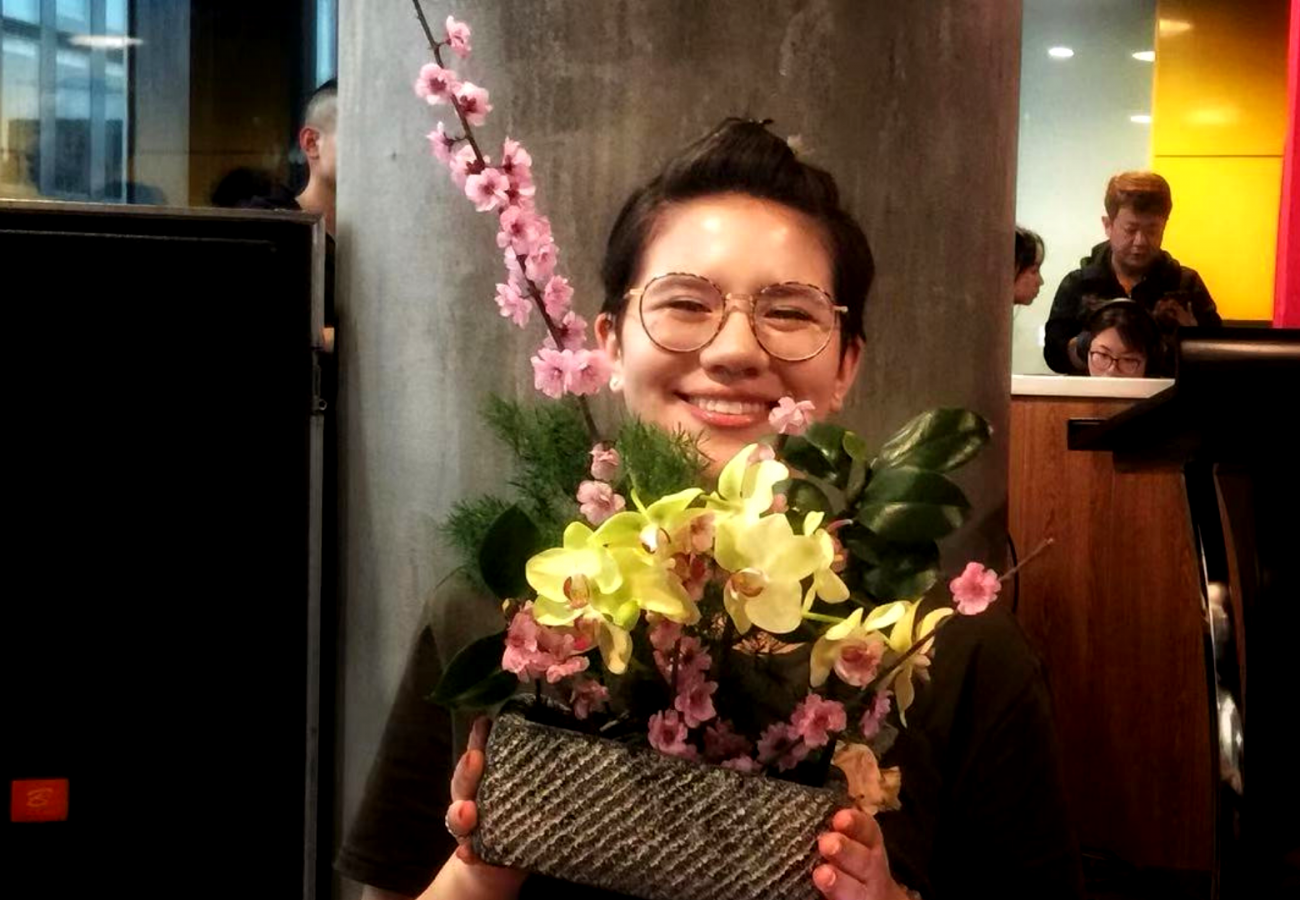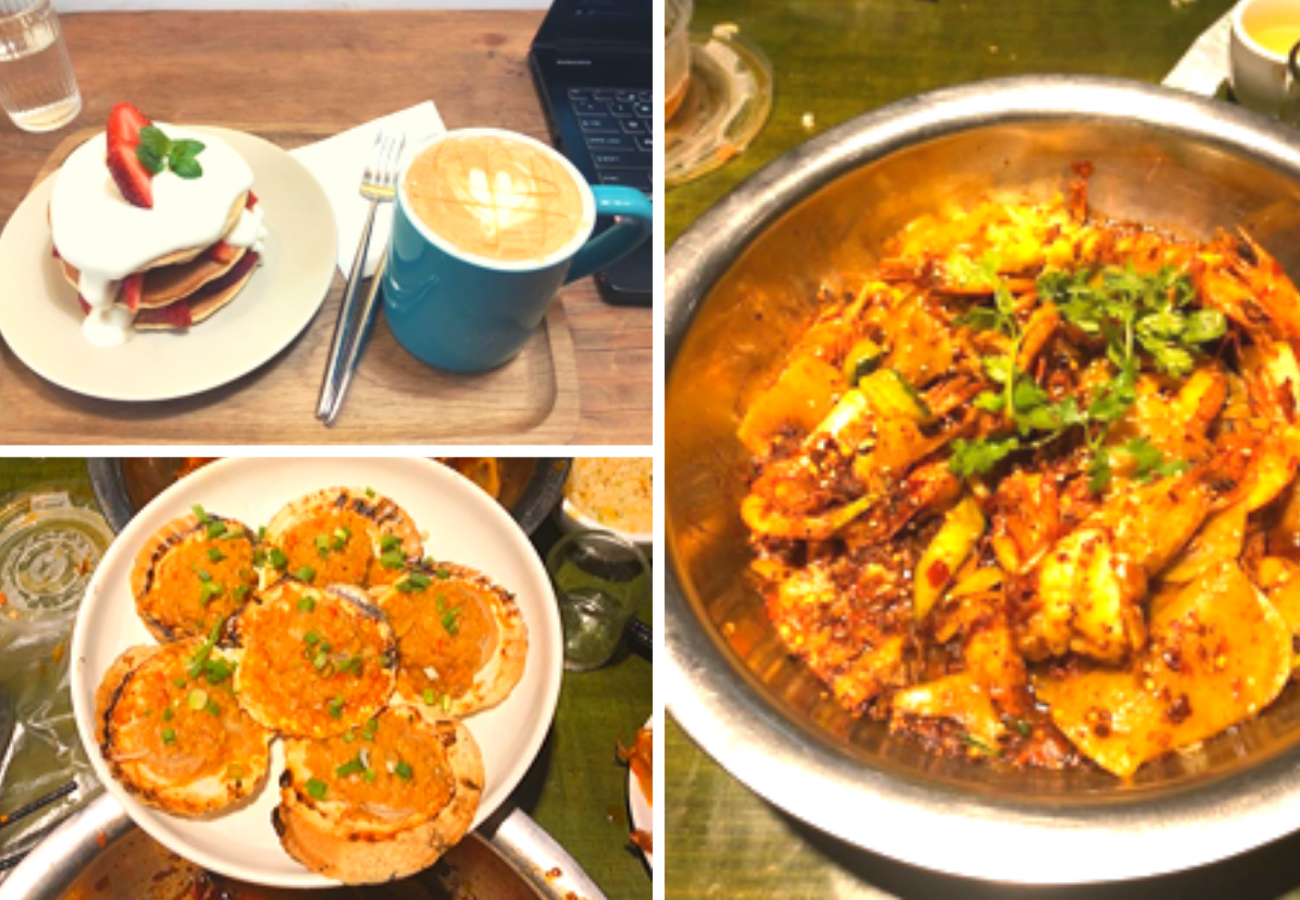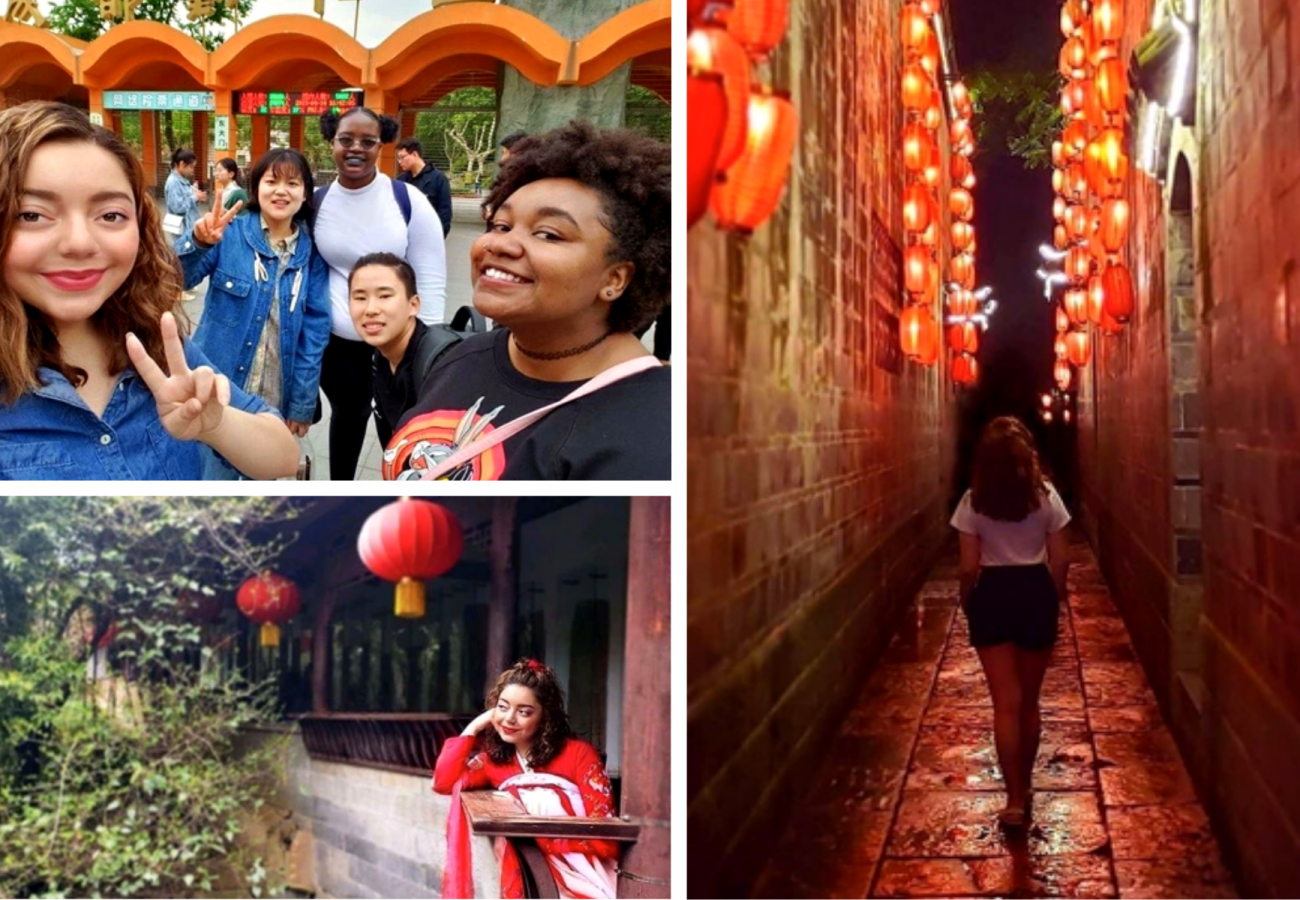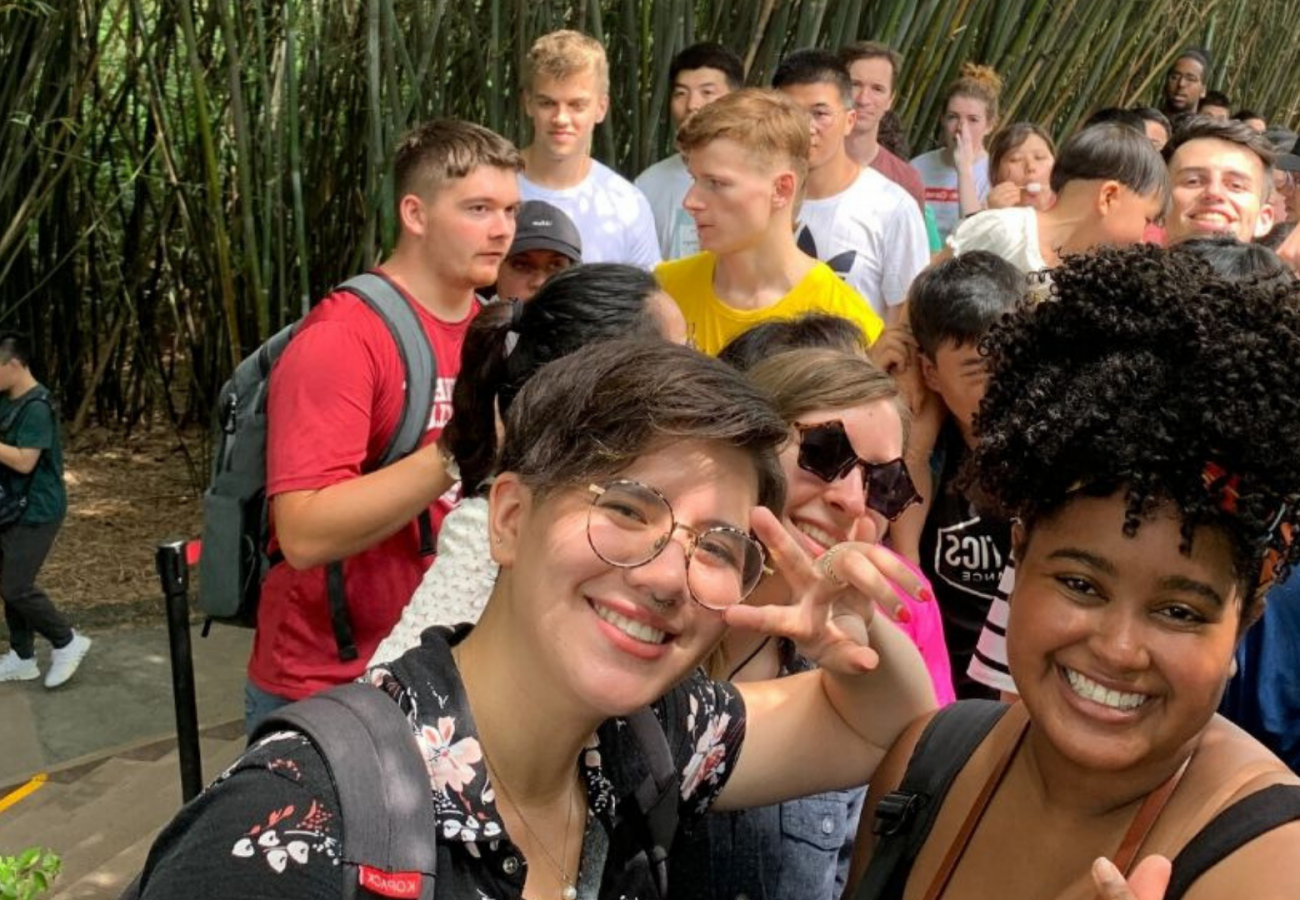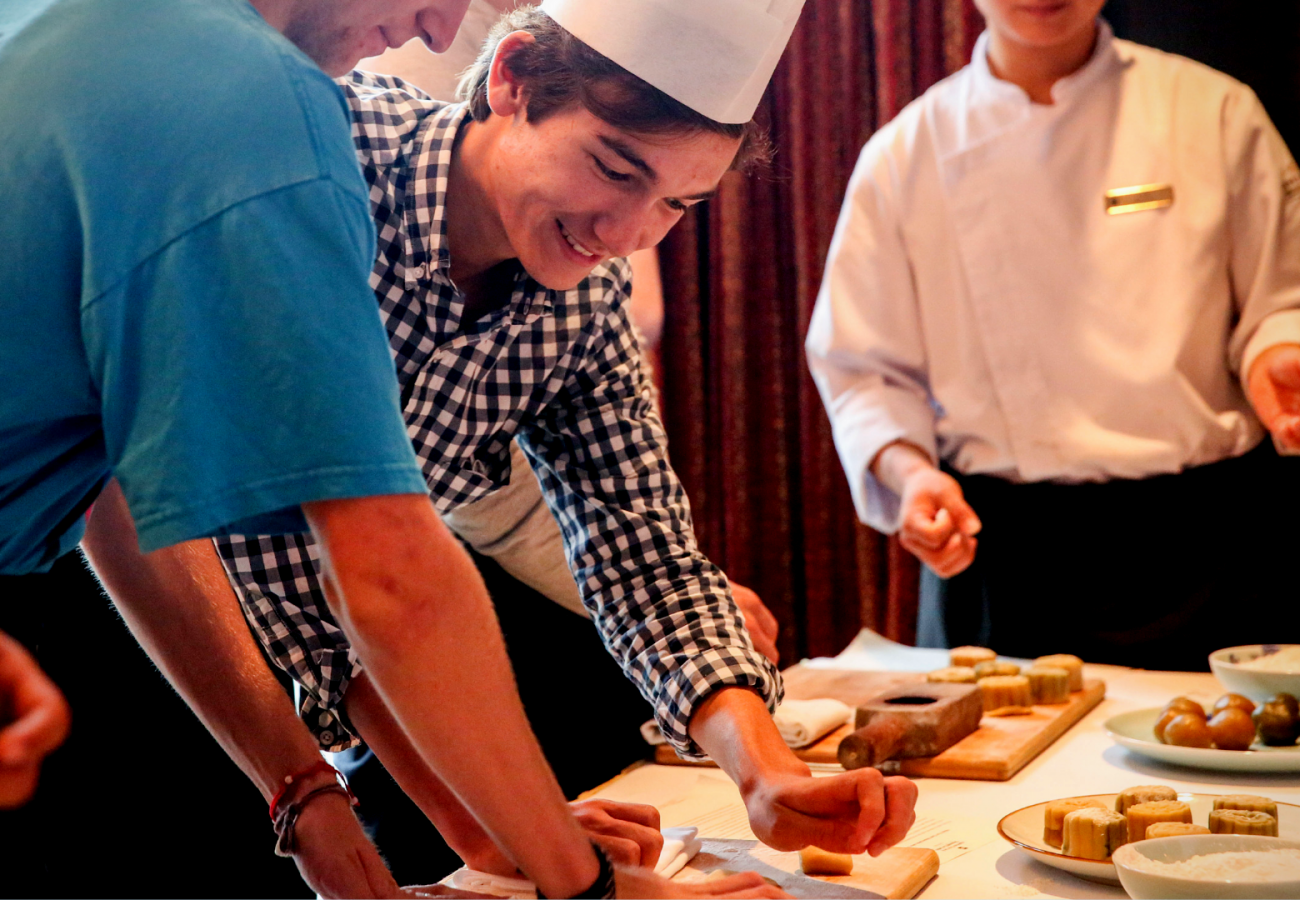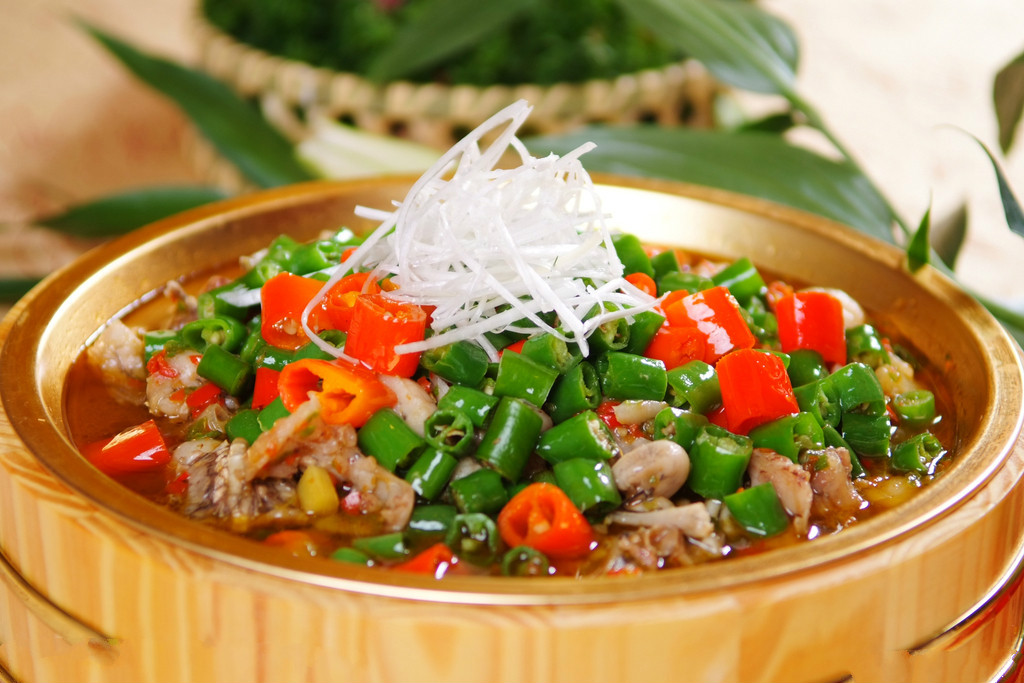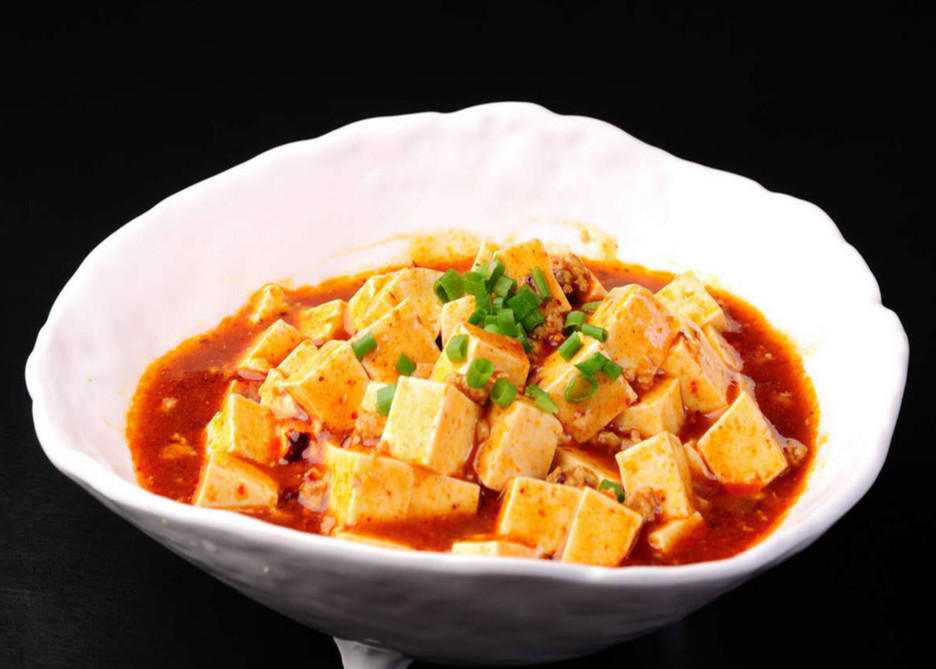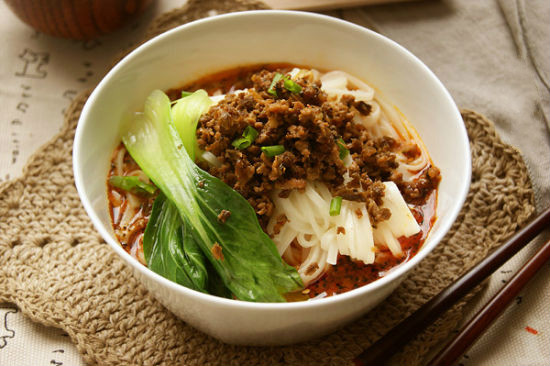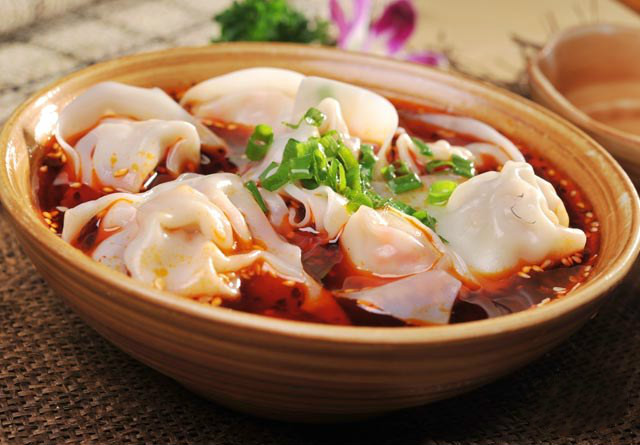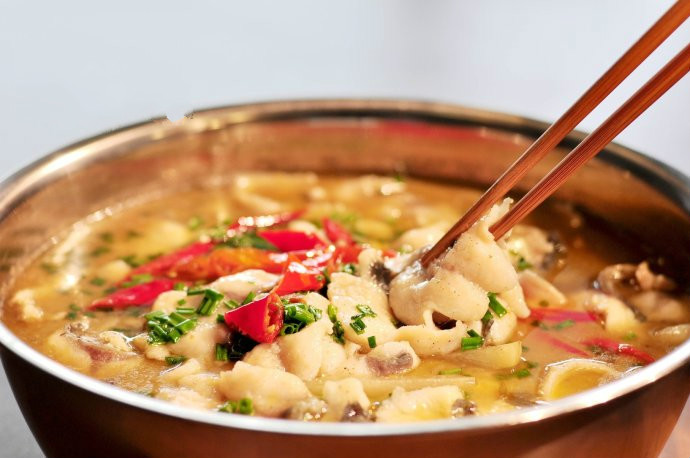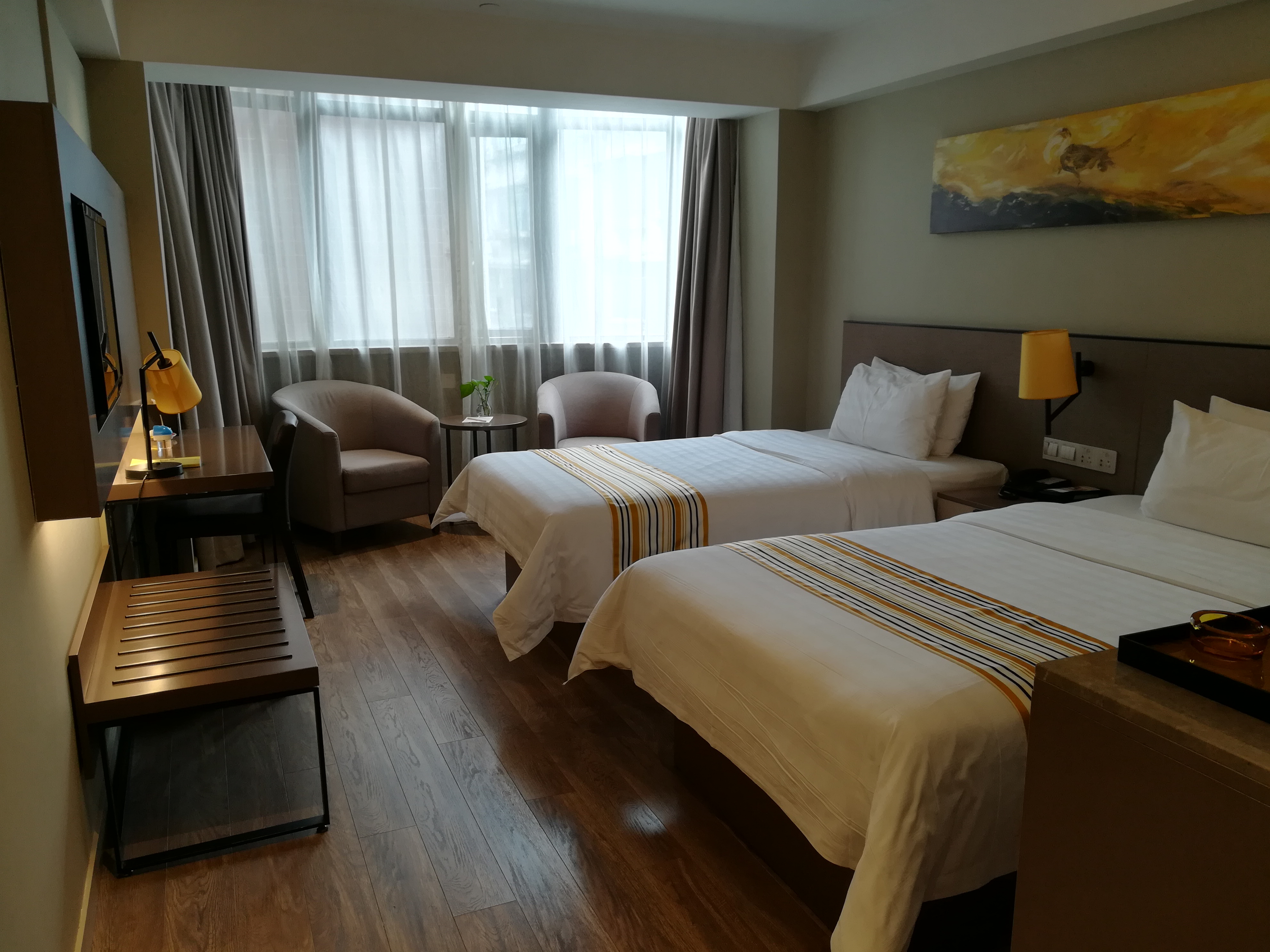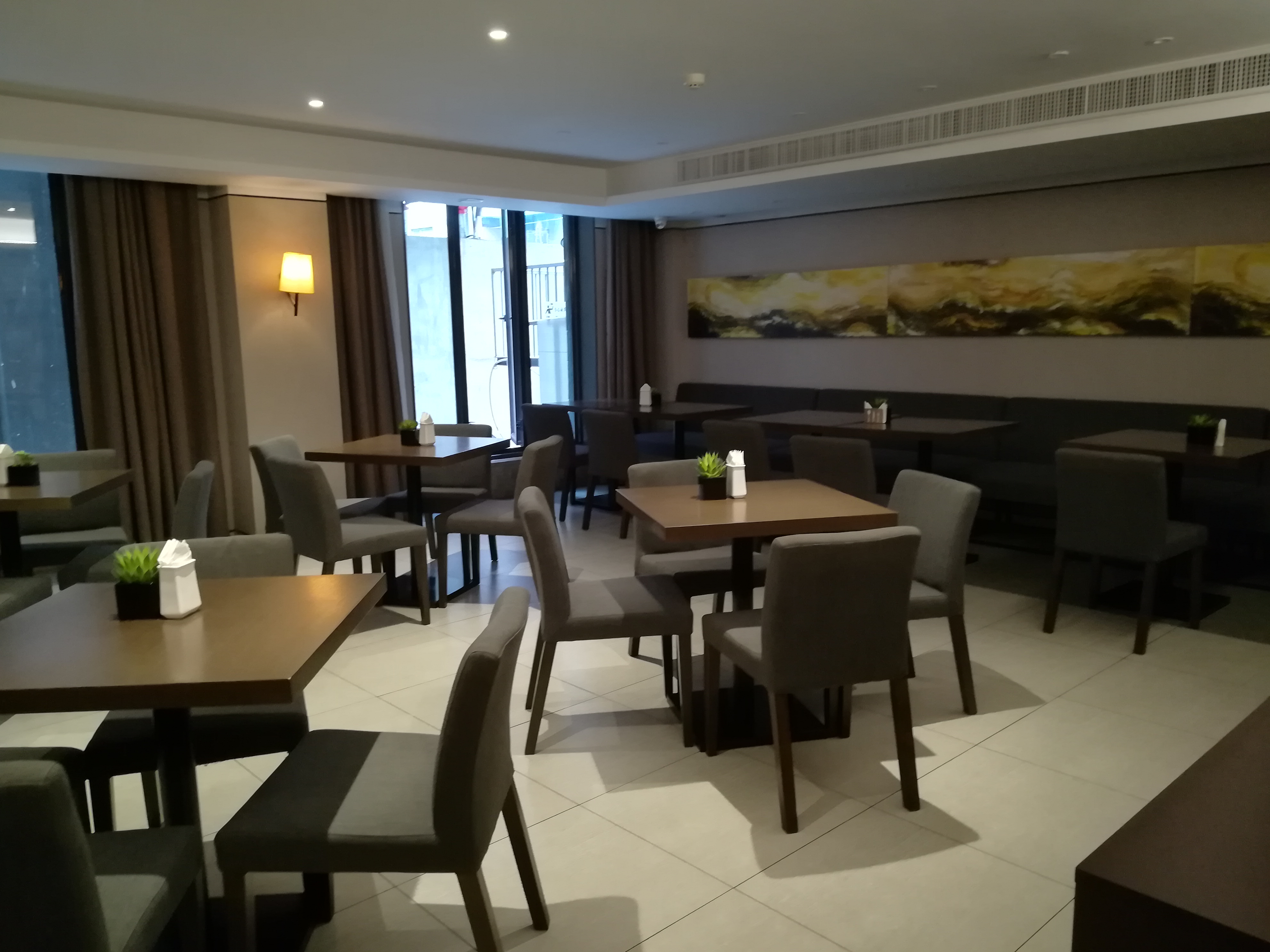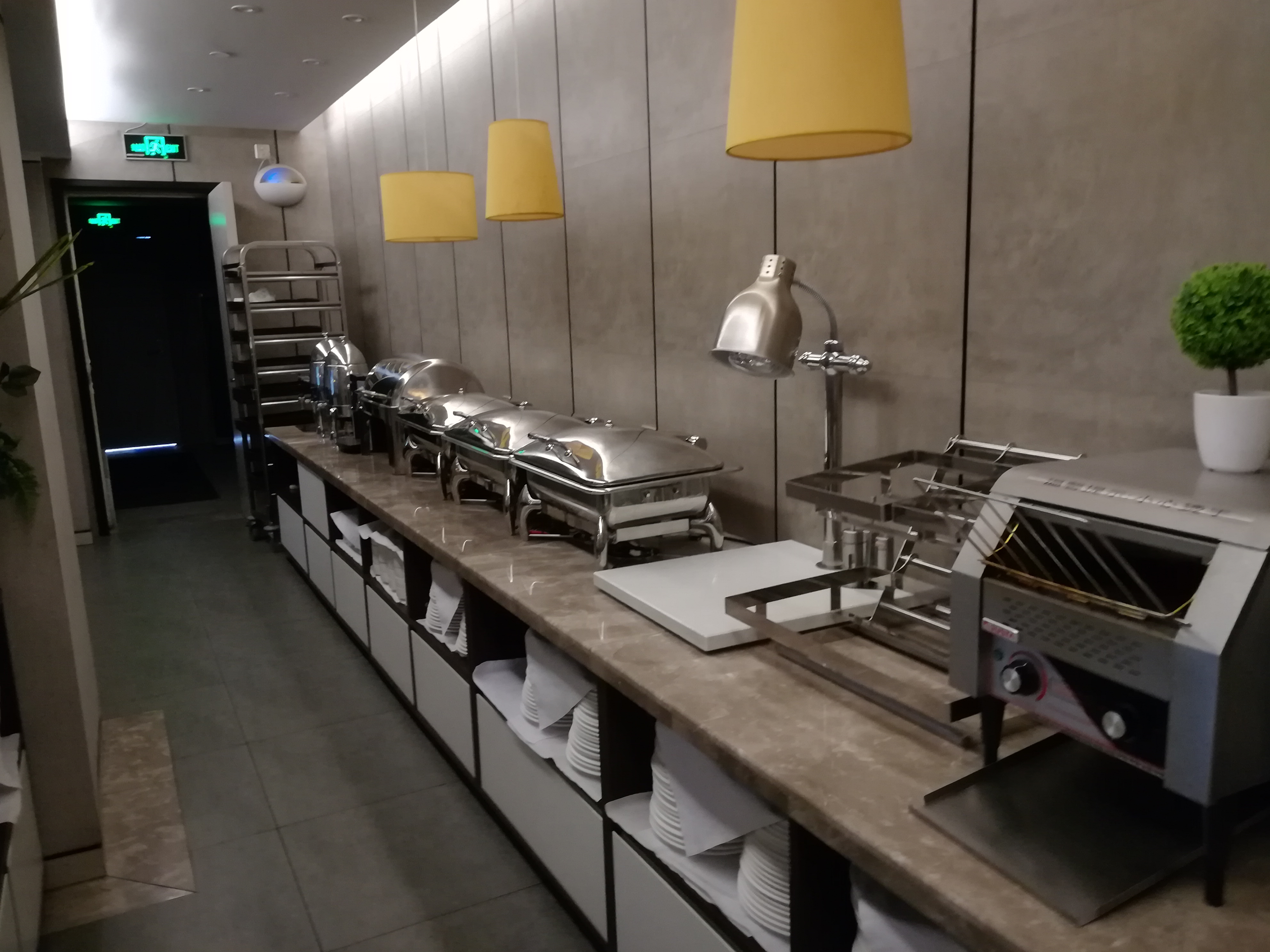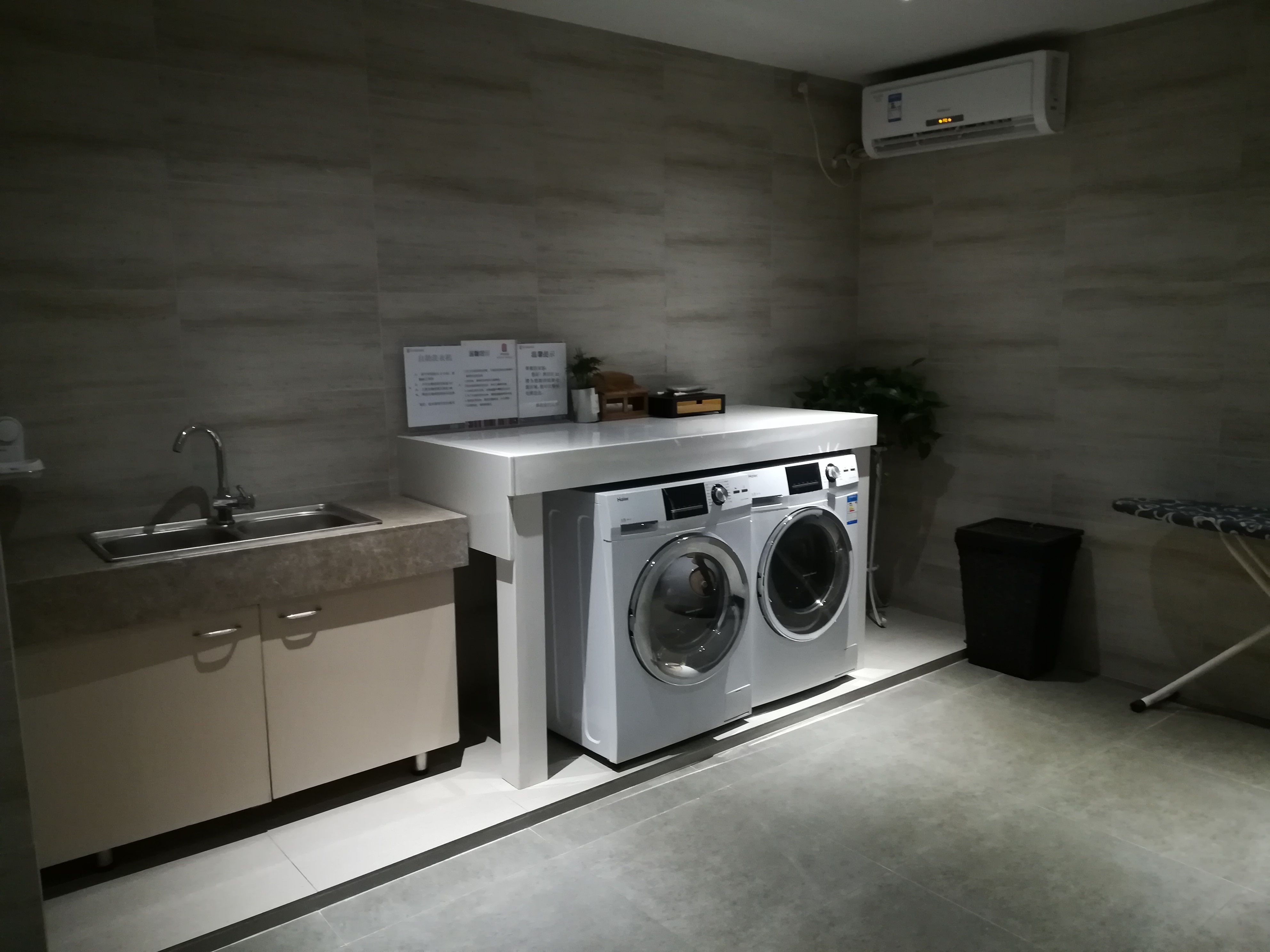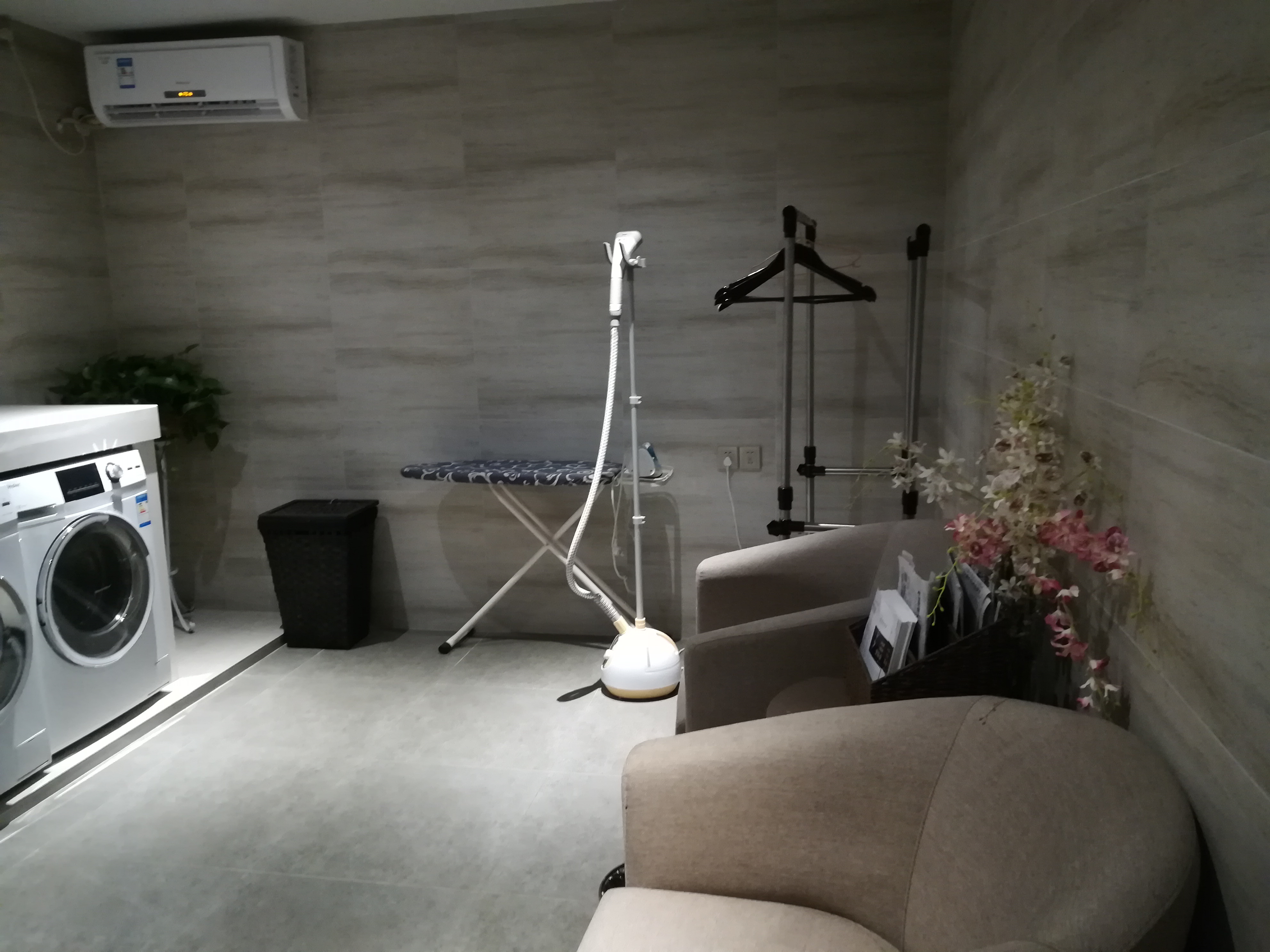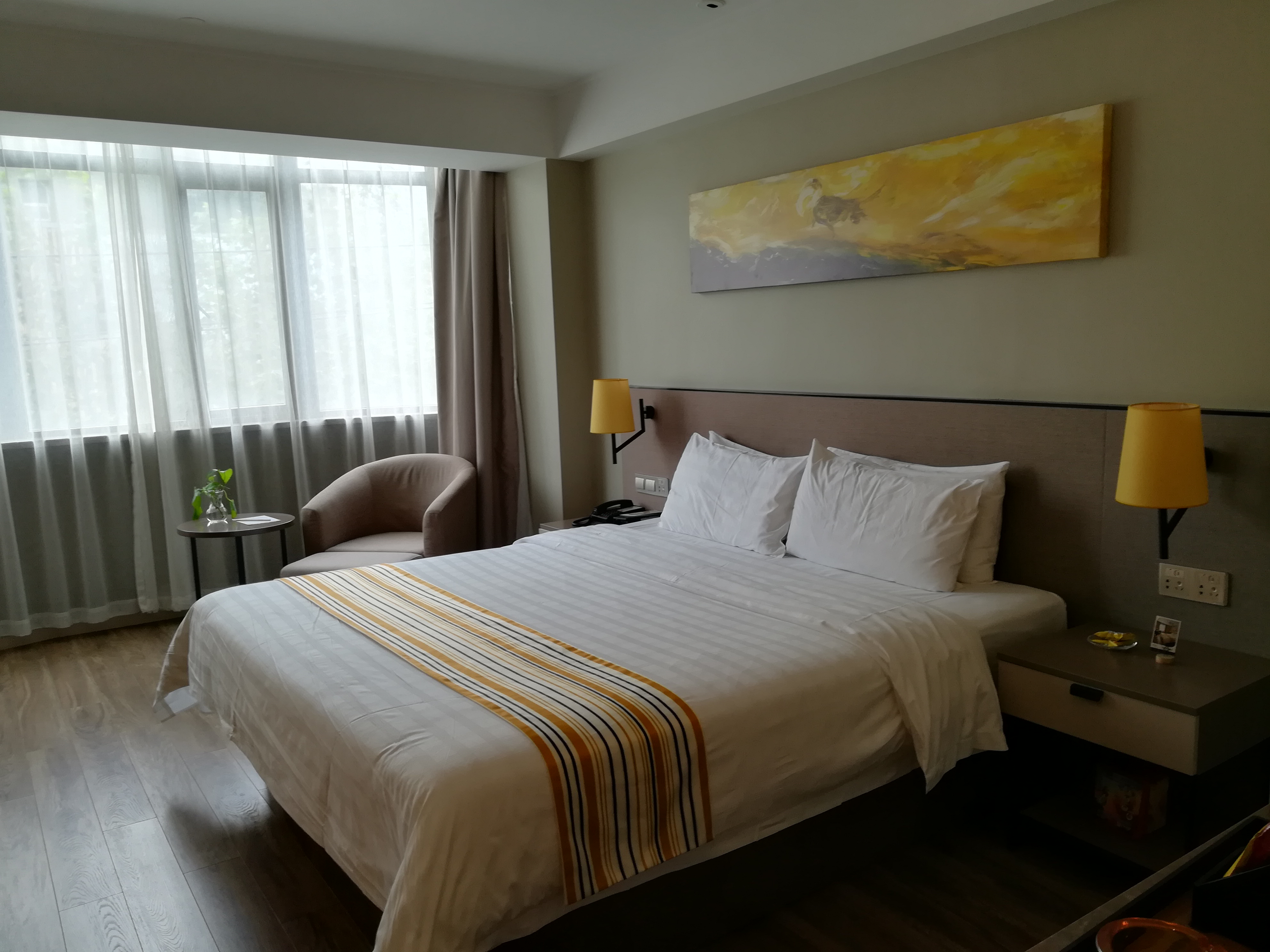Living in Chengdu
SUMMER PROGRAM MENU
Overview | Academics | Credit Transfer | Living in Chengdu | Activities & Excursions
ABOUT CHENGDU
Chengdu has a population of over 21 million and is a booming economic center. China's "Go West" policy aims to build Chengdu into a financial and cultural center on par with Beijing and Shanghai. It is full of urban energy and entrepreneurial dynamism; its new subway system opened in 2010. Yet with a balmy, sub-tropical climate and a slower pace than Beijing or Shanghai, Chengdu is known for its quality of life. It is famous for its world-class cuisine, leisurely tea houses, local opera and historic temples.
Chengdu has regional transportation, logistics, and export hub, and has five industrial and high-tech zones, which are home to more than 160 Fortune 500 companies. The IT sector, including software and semiconductors, has grown particularly rapidly. Other industries include automobile manufacturing, aviation, petrochemicals, new energy, new materials and biopharmaceuticals. These close-by industrial zones offer opportunities for internships and hands-on experiences.
It is also easy to escape Chengdu to hike or cycle through timeless rural villages, Buddhist and Taoist temples and monasteries, and mountain preserves. For those interested in wildlife and biodiversity, Chengdu is close to the Giant Panda Breeding Center and the Wolong Nature Reserve. There are two recently excavated archeological sites - Sanxingdui rivals the terracotta warriors of Xian in importance, with breathtaking bronze objects over 4,900 years old. These nearby sites can also form part of your studies.
Further north in Sichuan, you can find the Jiuzhaigou Valley, a national park with breathtaking blue lakes, waterfalls, forests, and snow-covered mountains. To the south, Emei Shan, one of China's four most famous Buddhist mountains. To the west, there are the high-grasslands and the Himalayas, home to ethnic Tibetans. Chengdu is a perfect launchpad for short trips, like to Guangxi and Yunnan, home to more minority people.
To learn more about living in Chengdu visit:
www.chengduliving.com
www.gochengdu.cn
Living in Chengdu
Housing & Meals
G-MEO provides hotel options near campus. The estimated* housing fee only covers the time from the program start and end date. Both hotels options offer free breakfast. Rooms offer furnishings, private bathrooms, and wi-fi access. Other meals are students' own responsibility.
- Home Inn Plus: $1000, breakfast included.
- See hotel pictures down below
*The housing costs and options are examples of previous semesters. Please ask our staff for the most accurate information on housing
Eating in Chengdu
Chengdu cuisine has three categories, Sichuan Cuisine, Hotpot, and Snack. Sichuan cuisine has developed over the centuries. Its distinctive flavors entice people throughout China and recently in foreign countries. Sichuan cuisine is famous for piquancy, but its flavoring is complex as well as hot. When people think of Chengdu, they immediately think of hotpot. Introduced from Chongqing, Chengdu hotpot has its own style ranging from simple spicy to moderate, three or four kinds of spices, as well as fish head hotpot, medical herbs hotpot, etc. Hidden in the streets and lanes of the city, snack bars still send out savory flavors.
MEDIA ROOM
Students' Videos
FIELD TRIPS
World Food and Culture Class Field Trip - Sichuan Cuisine Museum
World Music Class Field Trip - Tibetan Music
New York Times: 36 Hours in Chengdu
From The New York Times: In high-tech Chengdu, the old way of life persists, with graceful teahouses, serene parks and a lively Tibetan quarter.

